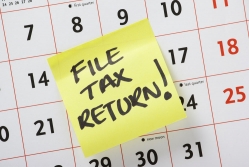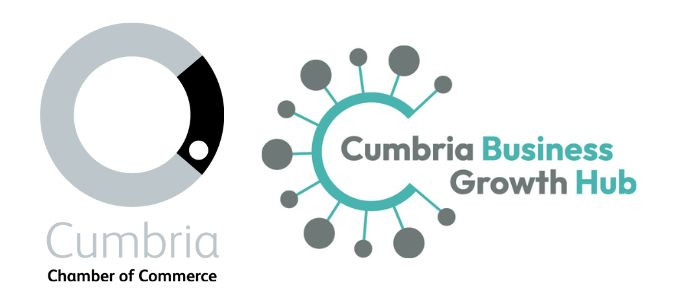 Plans to introduce quarterly tax returns could be debated in Parliament as an online petition against the proposals has attracted more than 100,000 signatures.
Plans to introduce quarterly tax returns could be debated in Parliament as an online petition against the proposals has attracted more than 100,000 signatures.
Under its Making Tax Digital strategy, HMRC has proposed that taxpayers using self-assessment will have to file current financial information online at least every three months by 2020.
Since the announcement in December, small business owner Paul Johnson has started an online petition that has attracted more than 100,000 signatures at the time of writing. This is sufficient to trigger a request for a Parliamentary debate on the issue.
Johnson has argued that quarterly tax returns would add to the costs and administrative burden for SMEs. He said: "As a small business owner myself I already spend quite some time to get things in order once a year. There will be greater chance of errors as well. At the moment we pay £1,200 a year in accountancy fees; this figure will greatly increase."
However, the Government has denied that the new system will have a negative impact on small businesses. In response to the petition, it said: "These reforms will not mean that businesses have to provide the equivalent of four tax returns every year. Updating HMRC through software or apps will deliver a light-touch process, much less burdensome and time-consuming than it is today. Quarterly updates will largely be a matter of checking data generated from record keeping software or apps and clicking 'send'."
From April this year, all SMEs will have their own Personal Tax Account online. The Government said: "With businesses keeping track of their tax affairs digitally, quarterly updates will be fundamentally different from filling out an annual tax return in a number of crucial respects." Updates, it said, will be generated from existing digital business records and in most cases "little or no further entry of information will be needed".
In addition, the Government has said that in-year updates will not be subject to the same sanctions for lateness or inaccuracies as apply now to the year-end position. HMRC will consult during 2016 on what sanctions might be appropriate for a more digital tax administration.
